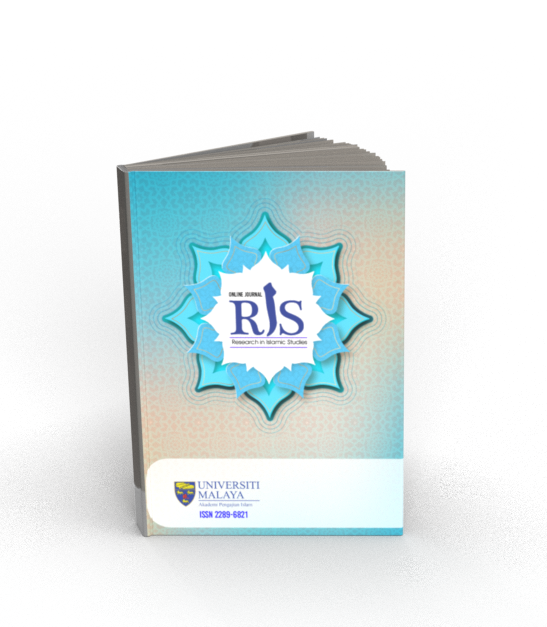Main Article Content
Abstract
This study investigates the permissibility and ethical implications of ChatGPT usage within Islamic contexts, focusing on Muslim students at the International Islamic University Malaysia (IIUM). Employing a mixed-method approach, the research combines quantitative surveys (n=83) with qualitative interviews of Islamic scholars and Artificial Intelligence (AI) experts to examine the intersection of artificial intelligence and Islamic jurisprudence, particularly in relation to Maqasid al-Shariah. The study addresses the critical gap in understanding ChatGPT's ethical use from an Islamic perspective, which poses potential risks to academic integrity and spiritual development. Key findings reveal a discrepancy between students' perceptions of ChatGPT's permissibility (93.8% considering it permissible) and the lack of clear ethical guidelines. The research identifies multifaceted factors influencing ChatGPT reliance, including familial, peer, and social media influences. Islamic scholars emphasize the necessity of critical thinking, recognition of AI limitations, and prioritization of human wisdom in ChatGPT usage. The study concludes that ChatGPT's permissibility in Islam is context-dependent, requiring careful evaluation of its purposes and impacts considering Maqasid al-Shariah, particularly Hifz al-Din and Hifz al-Nafs. This research contributes to the ongoing discourse on technology integration within Islamic frameworks, offering a nuanced analysis of ChatGPT's implications for Muslim users and providing ethical guidelines aligned with Islamic principles of moderation, truthfulness, and social responsibility.
Keywords
Article Details
Copyright (c) 2024 Online Journal of Research in Islamic Studies

This work is licensed under a Creative Commons Attribution-NonCommercial 4.0 International License.
Copyright Notice
By submitting manuscripts to the Online Journal of Research in Islamic Studies (RIS), authors agree to transfer copyright to the journal. However, authors may republish their work or grant others permission to republish it; in which case it should be accompanied by a proper acknowledgment that the work was originally published in the Online Journal of Research in Islamic Studies (RIS). The journal adopt CC-BY-NC licence which authors may also share and distribute their article anywhere of non-commercial website, social media and repositories immediately on publication.
Authors may also reuse the Abstract and Citation information (e.g. Title, Author name, Publication dates) of their article anywhere at any time including social media such as Facebook, blogs and Twitter, providing that where possible a link is included back to the article on the journal site.
